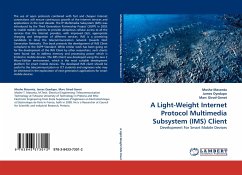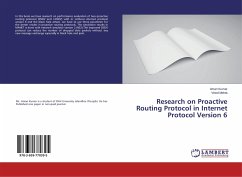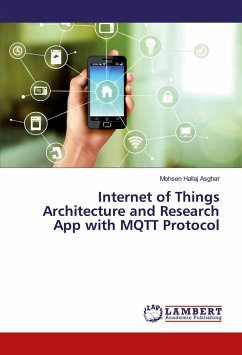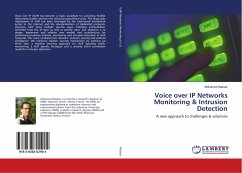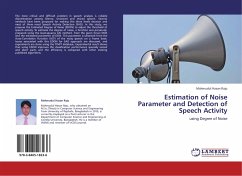Telecommunications technologies are evolving at a rapid pace. The old Public Switched Telephone Network (PSTN) is being replaced with wireless and voice over IP (VoIP) systems. This requires the service providers to offer their services on competitive prices, on one hand, and to ensure the interoperability of their services over hetero- geneous networks on the other. Added to this is the challenge of keeping up with the expectations of the clientele as regards quality of service (QoS). Thus to enable the successful deployment and functioning of a telecommunications network, it is equally important to estimate the speech quality as it may be perceived by the humans. The goal of this research was to derive superior non-intrusive speech quality esti- mation models. Model superiority was sought in a multi-objective sense: 1) enhance- ment of prediction accuracy of the derived models as compared to the previous ones. 2) model simplicity or parsimony was desired as it may enhance the computational efficiency. In this research this is achieved by employing a novel approach based on Genetic Programming (GP).
Bitte wählen Sie Ihr Anliegen aus.
Rechnungen
Retourenschein anfordern
Bestellstatus
Storno



